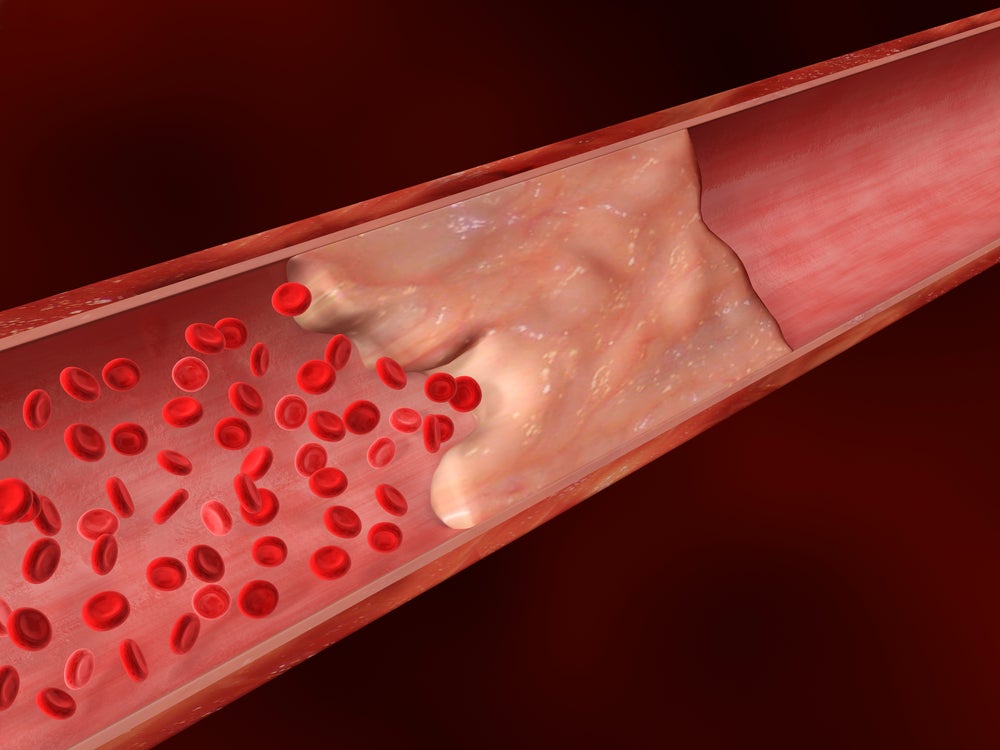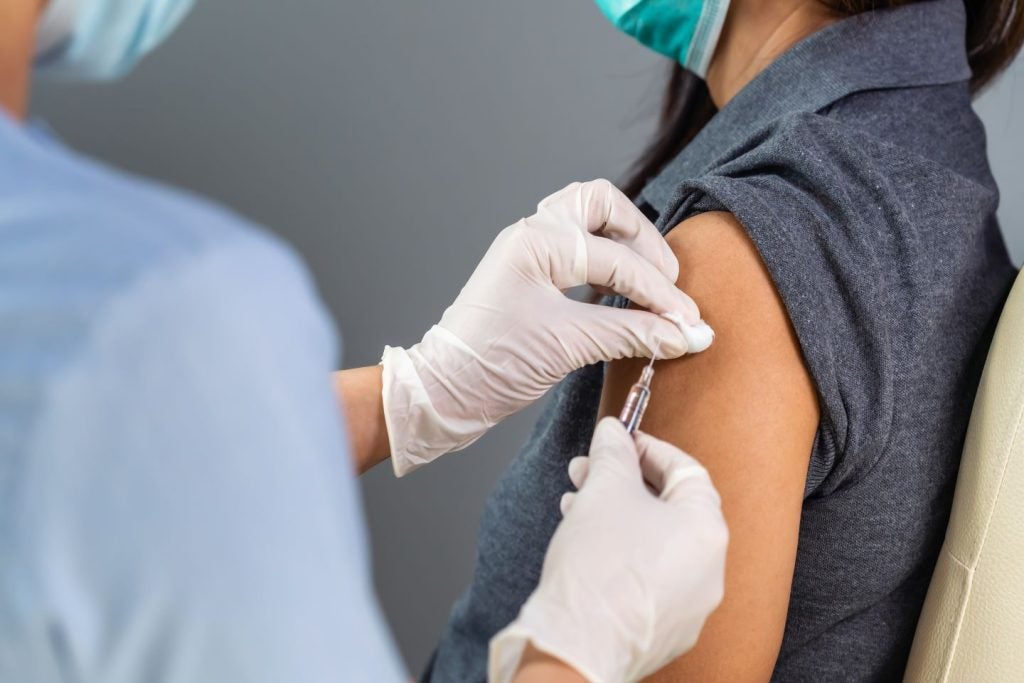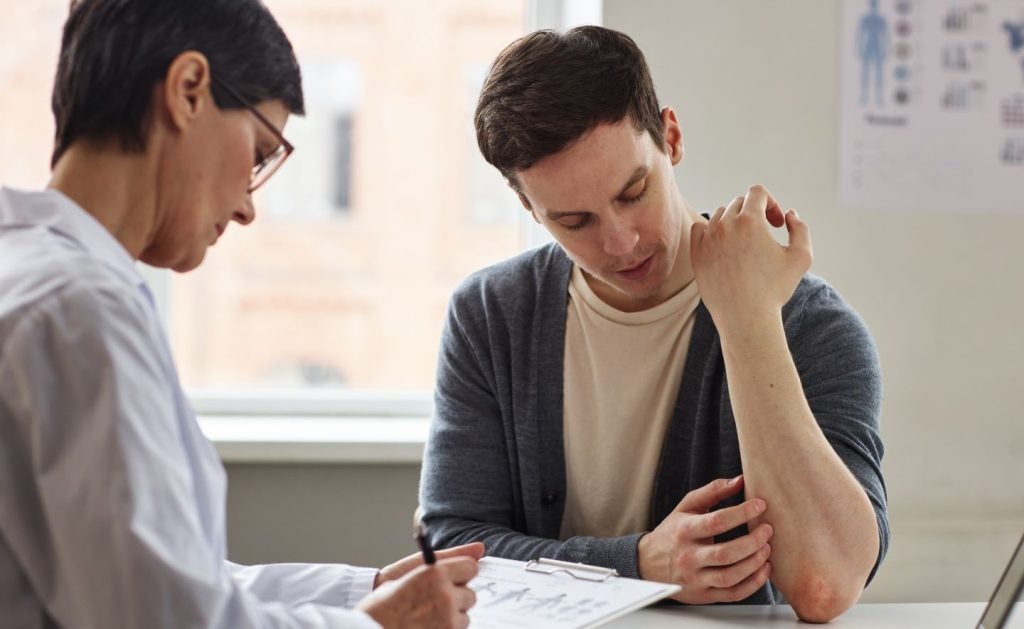US-based biotech company Parallel Bio has introduced 'Clinical Trial in a Dish' to enhance early-stage drug discovery.
This innovative approach utilises human immune organoids and robotics to simulate the biological diversity of a population, potentially offering more accurate predictions of a drug's safety and efficacy.
Five pharmaceutical companies have already commenced testing 20 drug candidates, signalling a shift away from traditional animal testing.
The Clinical Trial in a Dish approach is designed to mirror the human immune response and patient diversity, which has been a challenge in drug development.
Parallel Bio's testing on over 75 drugs has shown that this method aligns closely with clinical data on the reliability of the immune response and the changes in a drug’s effectiveness based on the individuals.
With drug development costs averaging $2.8bn over ten years and a 95% failure rate in human trials even when they show promise in animals, this technology could be a game-changer.
The new approach is said to be the first application of Parallel Bio's immune system platform, which leverages lymph-node organoids at scale to mimic the human immune system, accommodating the diversity found in real-world populations.
Organoids are 3D models that self-assemble to mimic human biology, responding to disease and treatment as if they were individual patients.
Initial customers are leveraging 'Clinical Trial in a Dish' to evaluate drugs, including their effectiveness across diverse patient profiles and safety prior to human trials.
'Clinical Trial in a Dish' offers several advantages over other non-animal testing methods, as they are scalable, reproducible and diverse.
Parallel Bio co-founder and chief scientific officer Juliana Hilliard said: “By developing drugs in human models from the start, our platform will save $1bn and 6.5 years from each drug candidate in development.
“Our platform aims to flip the 95% drug failure rate into a 95% success rate, leading to more drugs approved to treat patients.”
















